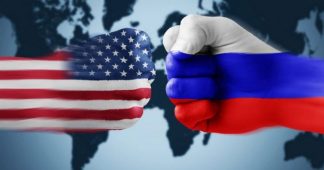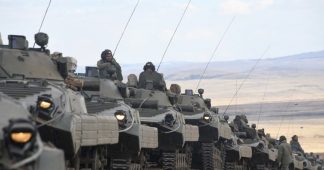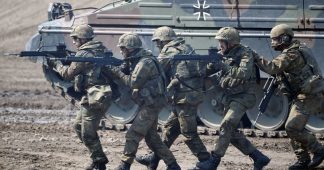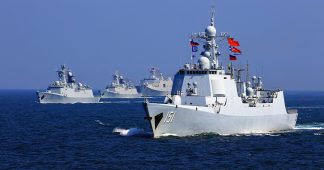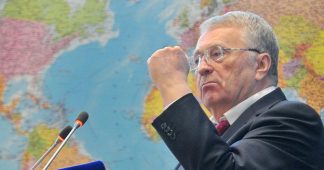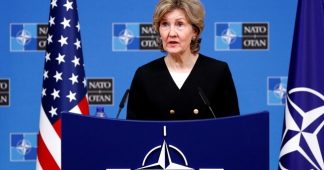15 Apr, 2019
As US-Russia relations continue to wither, one top US general is pushing for greater cooperation between the nuclear adversaries, urging US officials to seek “more communication” with their Russian counterparts.
“It would ensure that we understand each other and why we are doing what we’re doing,” said Curtis Scaparrotti, four-star US Army general and the top NATO commander for Europe.
“It doesn’t have to be a lot,” Scaparrotti told the Associated Press on Sunday, adding that “communication is a very important part of deterrence.”
Relations between the two countries have rapidly deteriorated in recent years, a development many analysts have deemed a “new Cold War.” The general suggested US-Russia communications have all but ground to a halt.
“During the Cold War, we understood each other’s signals. We talked,” said Scaparrotti, who has commanded US forces in Bosnia, Afghanistan and Iraq. “I’m concerned that we don’t know them as well today.”
Russia this week noted the worsening relations with the NATO alliance, which had previously cut ties to Russia in response to its 2014 reunification with Crimea.
“NATO has itself abandoned a positive agenda in its relations with Russia. It doesn’t exist,” Russian Deputy Foreign Minister Alexander Grushko told Russian media on Monday. He warned NATO against a military confrontation with Russia, adding that “all sensible people hope it doesn’t happen.”
In addition to Ukraine, where the US has pursued provocative policies from sending weapons to pushing the country to join NATO, Moscow and Washington have a litany of other disputes damaging relations between the two countries. Accusations of Russian meddling in the 2016 US presidential election refuse to die, while wrangling over the INF arms control agreement and several sets of US sanctions propel the relationship into further enmity.
Russia has long complained that the NATO alliance seeks to undermine Russian security and “encircle” the country with a series of hostile American allies and clients. Since the end of the Cold War in 1990, thirteen countries—all of them Russian neighbors—have joined the alliance, providing a backdrop for the more recent hostilities.
If the relationship is to change course, retired Navy admiral James Stavridis said, dialogue is essential.
“We are in danger of stumbling backward into a Cold War that is to no one’s advantage,” Stavridis said. “Without steady, political-level engagement between the defense establishments, the risk of a true new Cold War rises steadily.”
Published at https://www.rt.com/news/456646-usa-nato-russia-talking/
